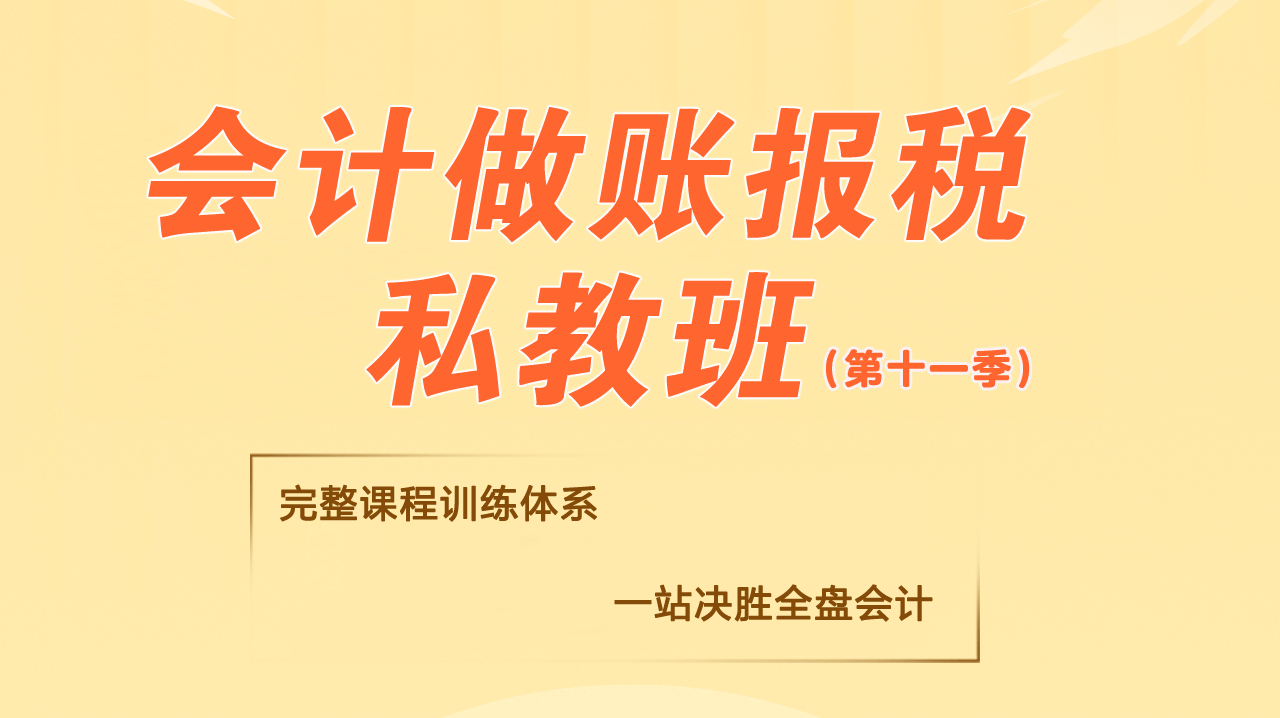中国动车事故的启示(双语)
When a student asked Sigmund Freud about the meaning of his cigar-smoking habit, the Austrian psychoanalyst is said to have replied: “Sometimes a cigar is just a cigar.” By the same token, sometimes a train crash is just a train crash. But the recent high-speed rail accident in China is not one of those.
一名学生问奥地利心理学家西格蒙德?弗洛伊德(Sigmund Freud):你抽雪茄这个习惯有何意义?据说弗洛伊德是这样回答的:“雪茄有时就只是雪茄。”同样,列车相撞有时就只是列车相撞。但中国最近的动车事故不在此列。
For many Chinese, the crash and its subsequent mishandling – including what looked to some like an attempt to bury the evidence – have been a revelation. An outpouring of anger has exposed a profound cynicism about how China is governed.
对于许多中国人来说,撞车事故以及事故后的不当处理(包括在不少人看来像是在掩埋证据的企图)颇能说明问题。人们渲泄愤怒,从中暴露出他们对中国管治方式的一种深刻狐疑。
The death of at least 40 people on a high-speed rail line that had become a totem of China’s sleek progress towards wealth, modernity and national prestige is symbolic on many levels. If the trains are not safe, what of the banking system or the management of the economy itself? The tragedy has become a public relations disaster for a Communist party leadership dominated by engineers and technocrats. Just as Mao Zedong sought to create an industrial revolution by force of will in the Great Leap Forward, so China’s present leaders seem to think they can leapfrog technology through modernising zeal alone.
动车曾是中国顺利迈向繁荣富强和现代化的象征,导致至少40人丧生的动车事故,在很多层面上具有象征意义。如果列车不安全,那么银行业体系或者经济本身的管理呢?共产党领导层官员大多为工程师或技术官僚出身,对他们来说,这场悲剧已变成了一场公关灾难。正如在大跃进期间,毛泽东试图凭借人的干劲创造一场工业革命,当今中国的领导层似乎认为,仅凭现代化热情就能实现跨越式的技术飞跃。
China’s high-speed rail network, built in less than a decade, is the world’s longest. Its trains were supposed to travel at speeds that would put Japanese technology to shame. Instead, the crash has exposed hubris, incompetence and corruption in a single, tragic crunching of metal. Perhaps not since Tiananmen Square more than 20 years ago has the Communist party looked so naked in the face of public contempt.
中国的高速铁路是全世界最长的铁路,只用了不到十年时间建成。中国高速列车的速度,本应让日本的技术相形见绌。然而,这次追尾碰撞悲剧性地暴露出傲慢、无能和腐败。自20余年前的天安门事件以来,共产党也许从未像现在这样在公众面前颜面扫地。
Certainly, previous scandals have exposed the rotten governance lurking beneath economic success. In the past few years alone, Chinese people have seen their children crushed by poorly constructed schools and poisoned with tainted milk. Both tragedies resulted from corruption and lack of regulatory control that the state subsequently sought to cover up by suppressing press stories and imprisoning the parents of affected children. The train crash is different in at least two respects. First, high-speed rail was explicitly a national project. The leadership took great pride in China’s ability to “digest” and “improve on” foreign technology. Officials had already laid out ambitious plans to sell the Chinese system to Malaysia, Brazil, the UK and the US.
当然,之前已经有一些丑闻揭示了隐藏在经济成功背后的严重管治问题。仅在过去几年中,中国人就曾目睹自己的孩子被建筑质量低劣的校舍压死、被掺假的牛奶毒害。这两起悲剧的根源都在于腐败和监管不力,而悲剧发生后,政府通过压制媒体报道和关押受害儿童的父母来试图掩盖真相。但是,动车追尾事故至少在两个方面有所不同。首先,高速铁路是明确的国家工程。中国“消化”和“改进”国外技术的能力,令领导层引以为豪。中国官员们曾经踌躇满志地规划,要向马来西亚、巴西、英国和美国出口中国的高铁设备和技术。
The national endorsement has made it difficult to pin the problems on local officials. Even before the fatal crash, the government sacked the rail minister on suspicion of corruption. A subsequent decision to lower the maximum speed from 350km per hour to 300km was a tacit admission of dangerous technological over-reach. We don’t yet know the reason for the crash. But pushing the system beyond its technical capacity and cutting corners to free up slush money are plausible factors.
因为有国家的支持,人们很难将问题归咎于地方官员。即便在这场伤亡惨重的追尾事故发生之前,中国铁道部长已经因涉嫌腐败而下台。之后将高铁最高时速从350公里降至300公里的决定,等于含蓄承认了技术可能不到位的危险。我们还不知道这次追尾碰撞的原因。但是,让系统在超出技术能力的参数下运行,以及为了充实小金库而“走捷径”,都是可信的因素。
Second, many of the crash victims must have come from China’s new wealthy elites given the, much-criticised, high price of tickets. When school buildings collapsed in Sichuan in the 2008 earthquake, the victims tended to be the children of poorer families. Melamine-tainted baby formula affected a broader cross-section of people. But wealthy urbanites would have had the knowledge and money to buy foreign formula if they chose. That made it slightly easier to quash the story, particularly in an Olympic year when the country was in celebratory mood – or else!
其次,由于票价高(这点饱受批评),此次动车事故的很多受害者肯定来自中国新富阶层。当校舍在2008年四川大地震期间垮塌时,受害者一般是较贫困家庭的孩子。掺杂三聚氰胺的婴儿配方奶粉影响到更广泛的人群。但富有的城市居民会有知识和财力去购买外国配方奶粉。这让事件的平息稍微容易一些,尤其是在北京奥运会之年,全国弥漫着庆祝气氛之时——否则,结果难以想象!
Partly because the victims of this tragedy are members of the new middle class, it has been impossible to keep a lid on the story. Users of Weibo, a Twitter-like microblogging site, have produced an outpouring of contemptuous comment. One posted photos of the rail minister’s fancy watch collection, an indication of his less than modest lifestyle. Weibo alone boasts 140m users, mostly from the urban middle class that the Communist party is supposed to have co-opted into its modernising project.
在一定程度上,正是因为这场悲剧的受害者来自中国新兴中产阶层,这次事件几乎无法隐瞒。新浪微博(与Twitter类似的一个微博网站)上批评之声四起。一位微博用户张贴了中国铁道部长戴着不同名表的几张照片,这表明,他的生活决不朴素。新浪微博一家就宣称拥有1.4亿用户,其中多数来自城市中产阶层,共产党本应争取到他们的支持,让他们加入党的现代化努力。
A middle class revolt is particularly dangerous for the Chinese leadership. It undermines a recent truism of Chinese analysis, sometimes referred to as the Beijing consensus. This contends, among other things, that people don’t worry too much about democracy, freedom of expression and free markets so long as they have a technocratic leadership capable of delivering economic progress.
对中国领导层而言,中产阶层的抗议尤其危险。它将削弱近年在分析中国时的一个公认看法,有时被称为“北京共识”。根据这种“共识”,只要有一个技术官僚领导层能够带来经济发展,人们就不会对民主、言论自由和自由市场过于操心。
The cult of GDPism appears no longer to hold. China grew at 10.3 per cent last year, and should clear at least 9 per cent this year. But while taxi drivers riot in Hangzhou over low wages, the revolt over the train crash has been over the more abstract concept of governance. China’s middle class wants a leadership that can contain corruption, ensure safety and not put pride above engineering principles. It wants, in the arresting words of a commentary in the People’s Daily – of all places – economic growth that is not “smeared in blood”.
对于GDP的狂热迷恋似乎再也站不住脚了。去年,中国经济增长10.3%,今年至少应会达到9%。但是,尽管杭州出租车司机因为收入低而罢工,但围绕此次动车事故的抗议则是针对更为抽象的管治概念。中国的中产阶层希望领导层能够遏制腐败、确保安全,不要让骄傲凌驾于工程原则之上。用《人民日报》一篇评论文章中引人注目的话来说,中国要发展,但不要带血的GDP。
The anger appears to breathe life into an old argument, all but abandoned in the face of China’s relentless economic progress, that a rising middle class will demand more accountability of its leaders. If that turns out to be true then, alongside the people who tragically lost their lives on the tracks outside Wenzhou, the Beijing consensus itself may also have perished.
在中国势不可挡的经济发展面前,有一种老说法曾经几乎被抛弃,那就是日益壮大的中产阶层将要求领导人在更大程度上对人民负责。动车事故后人们的愤怒似乎给这种说法注入新的生命力。若果真如此,那么在温州郊外路轨上遇难者旁边,北京共识本身或许也已夭折。



